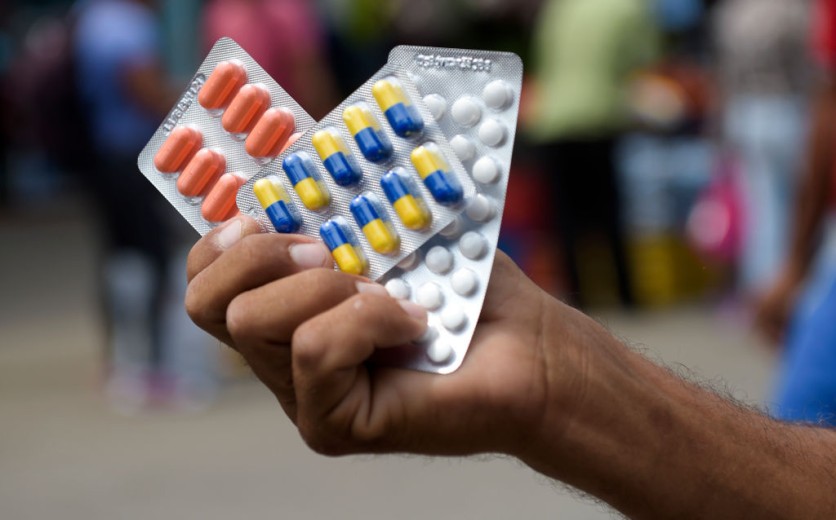In a recent report by CNBC, experts reveal how artificial intelligence (AI), particularly generative AI, is poised to transform the field of drug discovery.
The report unveiled the surprising success of AI-generated molecules, notably at Eli Lilly, where scientists expressed astonishment at the designs. Diogo Rau, chief information and digital officer at Eli Lilly, captured this sentiment, stating, "They can't possibly be this good?"
AI to 'Hallucinate' New Drugs in Record Speeds
Experts make the case that with AI's capacity to explore millions of molecules in mere minutes, surpassing the traditional yearly output of Lilly's wet labs, there is a compelling rationale to explore the full potential of artificial intelligence in medical research.
Kimberly Powell, vice president of health care at Nvidia, talking about AI's capability to innovate in biology presents, "AlphaFold was this pivotal moment when we could train these transformer models with very large data sets..."
Generative AI enables the rapid exploration of millions of molecules, surpassing the capabilities of traditional methods. Powell emphasizes how AI "hallucinates" new drugs, exploring possibilities beyond human conception. This process accelerates drug design and optimization, offering promising results.
The integration of AI into drug discovery workflows is exemplified by partnerships between academia, industry, and technology companies like Nvidia. By leveraging computational resources and AI microservices, researchers can screen vast libraries of compounds and predict protein structures with unprecedented speed and accuracy.
However, despite these advancements, the importance of validation through human trials remains paramount. Powell emphasizes, "You still have to generate ground proof," highlighting the need for empirical evidence to substantiate AI-generated drug designs.
Read Also : Director Paul Trillo Debuts World's First Sora-Powered Music Video, Unlocking Creative Possibilities

A man sells painkillers in Cucuta, Colombia, near the Simon Bolivar International Bridge, in the border with Tachira, Venezuela, on February 7, 2019. - According to NGOs and humanitarian groups opponent to the government of President Nicolas Maduro, who is reluctant to recognize a humanitarian crisis, medicines shortage in Venezuela reaches 85% with thousands of chronic patients struggling to access their treatments.
Is AI the Future of Medicine?
Eli Lilly is not the first to explore AI drug discovery - other labs are already in much deeper phases. In January, we reported that New York-based Insilico Medicine has entered clinical trials for ISM5411, an AI-designed medicine for Inflammatory Bowel Disease (IBD).
With IBD lacking effective treatments without immunosuppression, ISM5411 offers a novel approach focused on repairing and rebuilding the intestinal lining.
ISM5411, an oral drug, is classified as intestinal restrictive, affecting only the gastrointestinal tract. Initial trials with 76 volunteers in Australia are underway, with plans for global multi-center trials following Phase 1.
Furthermore, in late March, Oxford University launched DrugGPT, a useful AI tool for medical professionals. DrugGPT improves decision-making and patient comprehension by providing quick second opinions on prescribed drugs while also highlighting potential side effects and interactions. One proponent stated that it can "show you the guidance - the research, flowcharts, and references..."
Meanwhile, in the fight against antibiotic resistance, researchers are harnessing generative AI to develop potential treatments for antibiotic-resistant bacteria. A collaborative effort between Stanford Medicine and McMaster University has yielded promising results, with AI-designed drugs targeting resistant strains of Acinetobacter baumannii.
Stay posted here at Tech Times.





